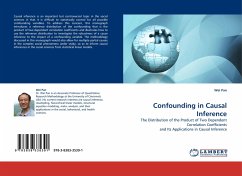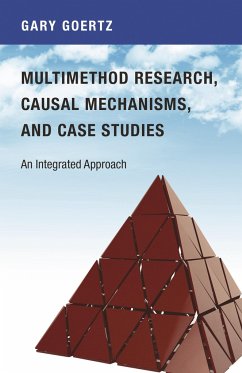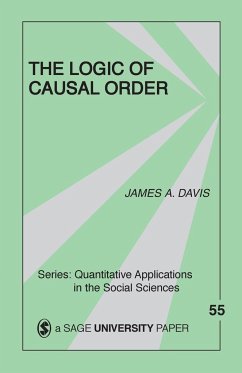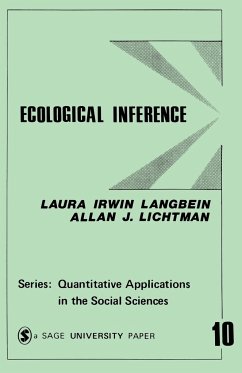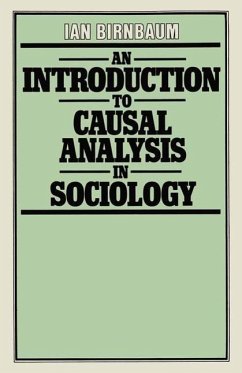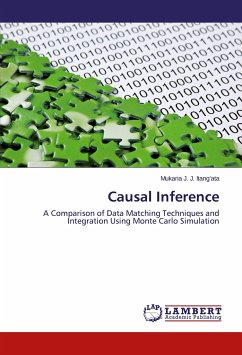
Causal Inference
A Comparison of Data Matching Techniques and Integration Using Monte Carlo Simulation
Versandkostenfrei!
Versandfertig in 6-10 Tagen
49,99 €
inkl. MwSt.

PAYBACK Punkte
25 °P sammeln!
Often researchers using non-quasi-experimental (NQE) study designs face situations where they must conduct comparative studies between two or more programs or policies to determine outcome effects for informed policy decisions. Randomized design is the strongest approach, but often in social science and educational studies, subject matching becomes an alternative study design. This book explores if different matching methods lead to different conclusions about group mean differences and if such methods may help reduce or eliminate selection bias under different experimental conditions. The boo...
Often researchers using non-quasi-experimental (NQE) study designs face situations where they must conduct comparative studies between two or more programs or policies to determine outcome effects for informed policy decisions. Randomized design is the strongest approach, but often in social science and educational studies, subject matching becomes an alternative study design. This book explores if different matching methods lead to different conclusions about group mean differences and if such methods may help reduce or eliminate selection bias under different experimental conditions. The book further demonstrates how exact and propensity score matching protocols, procedures, and techniques can be used in the design of causal inference studies in the social sciences and education research to draw informed conclusions about program or policy outcomes or effects. This book will be useful to causal inference study designers & analytics; program/project/policy analysts; social/educational scientists; program evaluation, social sciences, statistics, epidemiology, public health,and education students including professionals interested in clinical research, observational and NQE studies.



